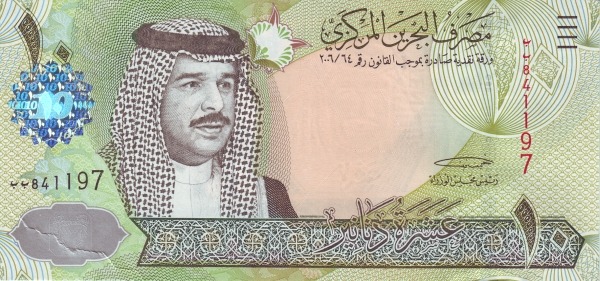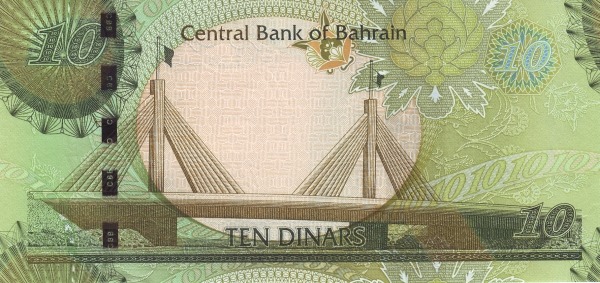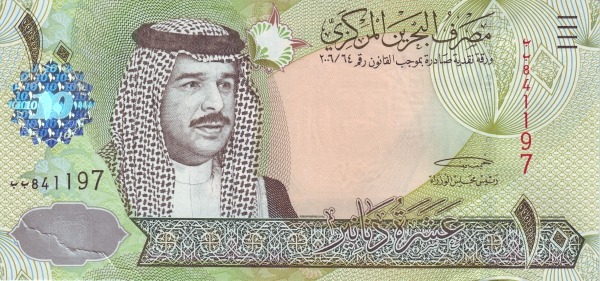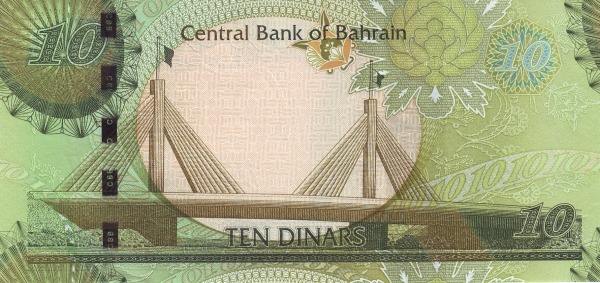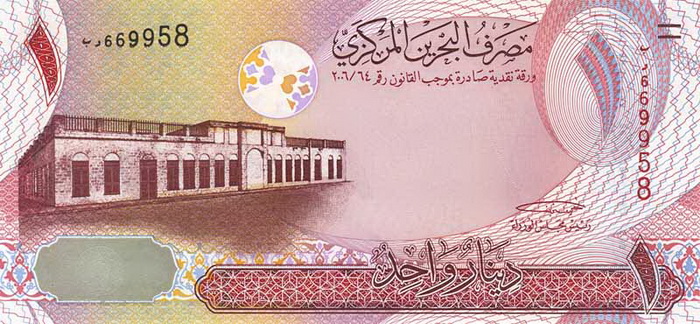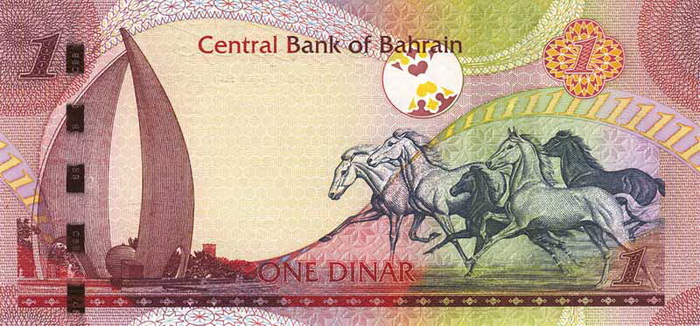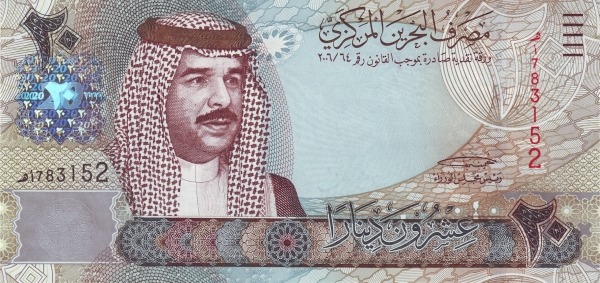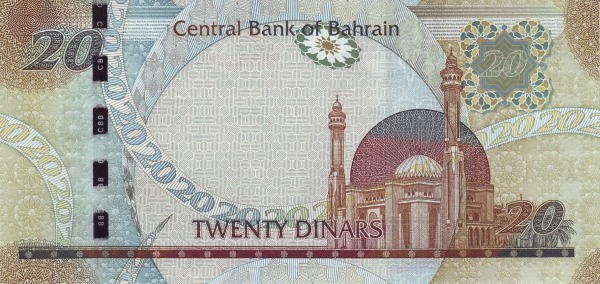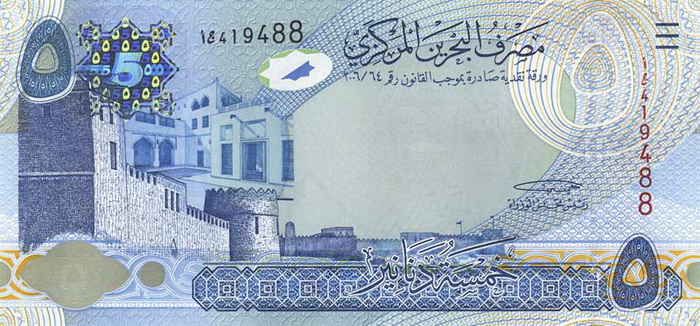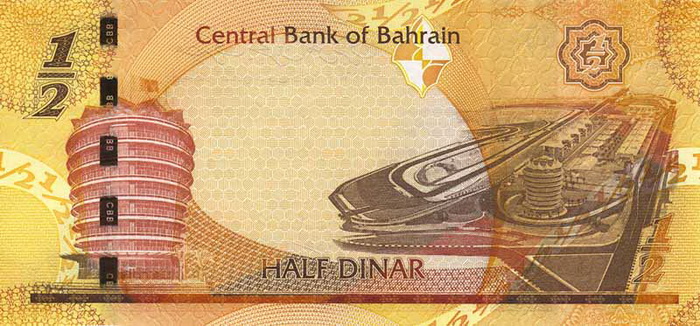Bahrain: An Overview of the Kingdom
Bahrain, officially known as the Kingdom of Bahrain, stands as a remarkable island nation in the Persian Gulf. Nestled east of Saudi Arabia and north of Qatar, this archipelago consists of the main island Al Bahrayn, along with several smaller islands and islets. The King Fahd Causeway provides an important link between Bahrain and the Arabian Peninsula, enhancing connectivity. Additionally, the kingdom shares maritime boundaries with neighboring countries, including Iran, Qatar, and Saudi Arabia.
With a total area of 780 square kilometers, Bahrain slightly exceeds Singapore's 699 square kilometers, positioning it as 3.5 times larger than Washington, DC. This compact size does not constrain the vibrancy and diversity of its culture and lifestyle. The population as of 2021 comprises approximately 1.58 million people, highlighting a significant proportion of non-nationals, which accounts for around 53 percent of residents. Most people reside in the northern part of the main island, particularly in the capital city, Manama.
Arabic is the primary language spoken in Bahrain, reflecting its deep-rooted cultural heritage. The nation boasts a predominantly Muslim population, where about 70 percent adhere to the Shi'a branch, while the remaining 30 percent identify as Sunni Muslims. This diverse religious landscape contributes to a rich tapestry of traditions, festivals, and community life in the kingdom.
Historical Context of Bahrain
Bahrain's small size and strategic position among the Persian Gulf states compel it to engage in a delicate balancing act in its foreign relations with neighboring larger countries. Over the years, the island has faced challenges, particularly regarding its oil reserves. As these reserves have declined, Bahrain has successfully pivoted toward becoming a hub for petroleum processing and refining. This strategic shift has facilitated its transformation into a recognized international banking center.
A significant turning point in Bahrain's history occurred in 1999 with the ascension of the new amir. He championed economic and political reforms, focusing on improving relations with the Shi'a community in the nation. Notably, in February 2001, Bahraini voters supported a referendum on the National Action Charter, which formed the foundation of the amir's liberalization efforts. By February 2002, Amir Hamad bin Isa Al Khalifa declared himself king, reinforcing the monarchy's commitment to modernizing the kingdom.
In October 2002, the political landscape evolved further when Bahraini citizens elected representatives to the lower house of the reformed bicameral legislature known as the National Assembly. This step marked a crucial advancement in Bahrain's governance, paving the way for greater representation and dialogue within the political framework.
International Relations and Strategic Alliances
Bahrain established diplomatic ties with the United States in 1971 after gaining independence from the United Kingdom. The U.S. Embassy in Manama opened its doors on September 21, 1971, and by 1974, a resident ambassador was appointed. In 2002, the U.S. recognized Bahrain as a major Non-NATO Ally, strengthening bilateral relations. As part of its defense commitments, the U.S. maintains two military bases in Bahrain, underscoring the country's significance in regional security.
A pivotal ruling by the International Court of Justice in 2001 awarded Bahrain the Hawar Islands, which had been disputed with Qatar. This decision reaffirmed Bahrain's territorial claims and solidified its standing in the region. In this context, Bahrain's membership in the League of Arab States and the Gulf Cooperation Council (GCC) enhances its diplomatic engagement and collaboration with neighboring nations.
The Political Framework of Bahrain
Bahrain operates under a constitutional hereditary monarchy, a system ruled by the House of Khalifa since the 18th century. Despite being governed by a Sunni ruling family, the majority of the population is Shia. This demographic reality presents both opportunities and challenges in the kingdom's governance and societal dynamics. The king serves as the chief of state, while the prime minister acts as the head of government.
Since 1973, Bahrain has maintained an elected legislative assembly, which includes the Council of Representatives, serving as the lower house, and the royally appointed members of the Consultative Council, which constitutes the upper house. This bicameral structure facilitates a balance between diverse political voices and the monarchy's authority, reflecting a unique political culture that values both innovation and tradition.
Cultural and Economic Landscape
The cultural scene in Bahrain is vibrant, rich in traditions that reflect the island's history and its diverse population. From its traditional markets, known as souks, to annual festivals celebrating art and cuisine, the country thrives on its cultural expression. The annual Formula One Bahrain Grand Prix stands out as a key event, drawing global attention and showcasing the nation’s modern infrastructure and hospitality.
Economically, Bahrain has diversified its economy to reduce reliance on oil. As a result, sectors such as finance, tourism, and manufacturing have seen substantial growth. The banking sector, in particular, has flourished, positioning Bahrain as a significant financial hub in the region. Furthermore, initiatives aimed at promoting tourism highlight Bahrain's commitment to sustainability and community engagement. The combination of cultural heritage and modern advancements continues to shape Bahrain's identity and aspirations.
Bahrain's Unique Attractions
Amidst its dynamic landscape, Bahrain is home to a myriad of unique attractions. The UNESCO-listed Bahrain Fort, a testament to the island's rich history, offers visitors a glimpse into its ancient past. Additionally, the Bahrain National Museum serves as a comprehensive repository of artifacts that narrate the country's story. Natural wonders such as the Al Areen Wildlife Park provide an opportunity to explore and appreciate the kingdom's biodiversity.
Moreover, the Tree of Life stands as a symbol of resilience, thriving in the desert landscape for over 400 years without any apparent water source. This remarkable natural wonder highlights the enduring spirit of the Bahraini people. Bahrain's commitment to preserving its heritage while embracing modernization provides a fascinating juxtaposition that captivates both residents and visitors alike.
Conclusion: Bahrain's Bright Future
In conclusion, Bahrain represents a unique confluence of tradition and modernity within the Persian Gulf region. Its rich cultural history, strategic economic shifts, and commitment to progressive governance position Bahrain as a noteworthy entity in international affairs. Navigating its future, Bahrain aims to maintain its heritage while embracing opportunities for growth and development, ensuring a promising outlook for generations to come.
Largest cities of: Bahrain
| City Name | Population | Year of foundation | |
| Manama | 157,474 | 1783 | |
| Muharraq | 103,650 | 628 | |
| Riffa | 100,000 | 1869 | |
| A'ali | 77,000 | 1984 | |
| Sitra | 65,000 | 3000 B | |
| Hamad Town | 56,000 | 1984 | |
| Nassau | 30,000 | 623 | |
| Busaiteen | 25,000 | 1923 |
Bahrain: Money
